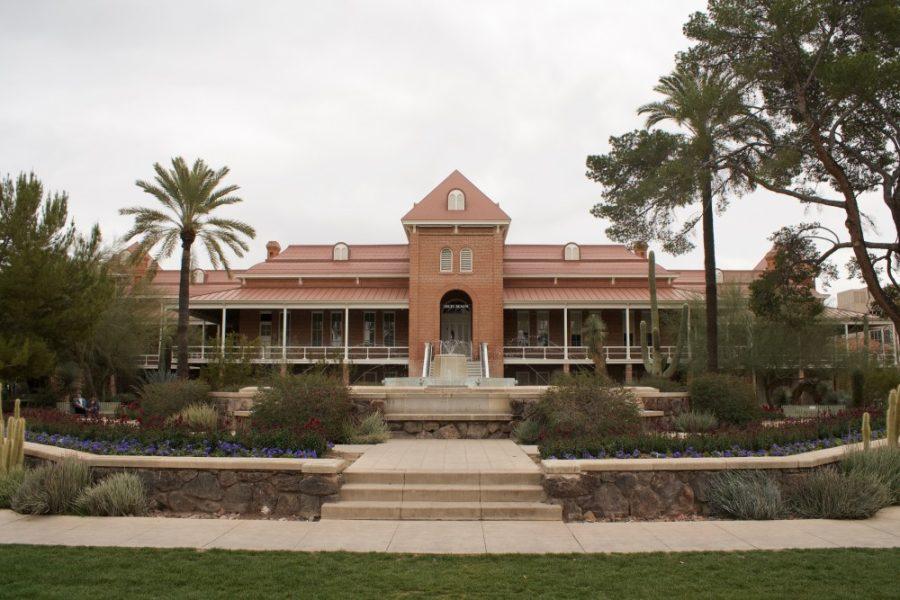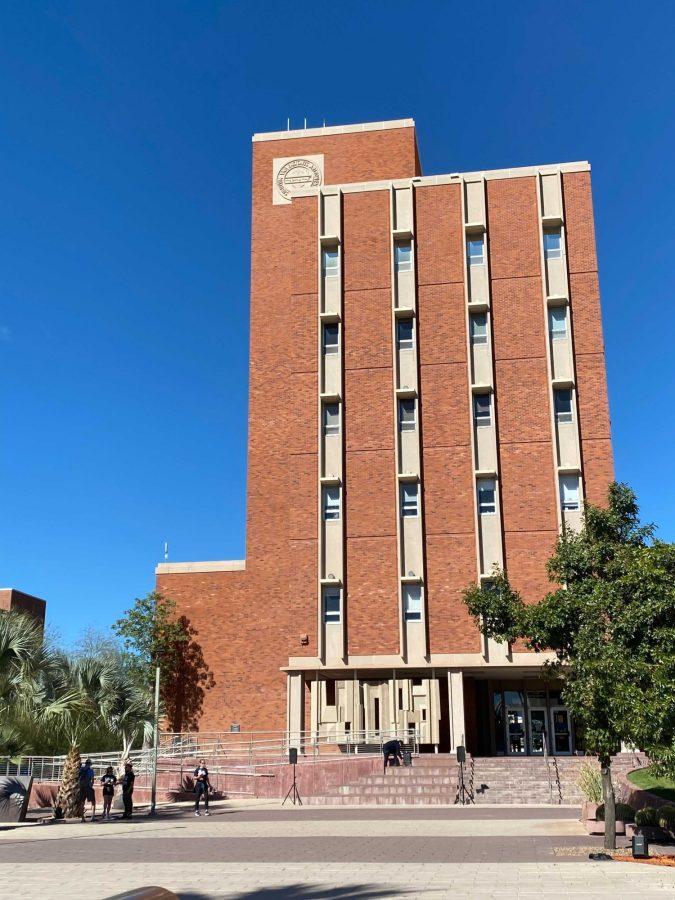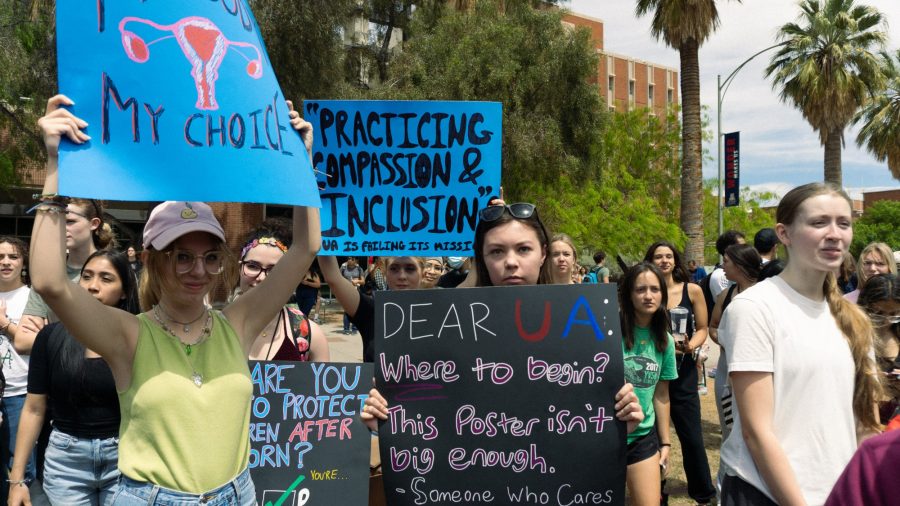The University of Arizona Dean of Student’s Office created the new Student Emergency Fund to help students who are being impacted by the COVID-19 pandemic.
JP Roczniak, the president of the University of Arizona Foundation, said the “Fuel the Response” funding campaign was created to help finance the Student Emergency Fund.
According to Chrissy Lieberman, the Associate Dean of Students, when the campus was shut down, she immediately was contacted by students who were struggling with affording housing, food and other necessities.
She said that seniors and juniors have been especially hit hard during the pandemic, as they often have part-time jobs in food service, which have had a lot of layoffs.
“We heard from faculty and deans from across campus and they were hearing from their students that as people began to lose their jobs, they were having a hard time paying bills or they were afraid they weren’t going to be able to pay their bills,” Roczniak said.
RELATED: UA Financial Sustainability Emergency Response Taskforce implemented in response to COVID-19.
Lieberman said that the CARES Act, a federal stimulus package, is now addressing financial concerns for some but the Student Emergency Fund was started months earlier to help students.
According to Lieberman, students apply for the funding by taking a survey where they can explain their situation, why they need the money and how they would use the money.
“Part of that is demonstrating a need, right?” Lieberman said. “Because we to understand that we are giving this to students that are, in fact, in need of financial support. But in addition, in reading through those narratives, we are able to understand what other resources we have on campus or even off campus to help support some of the other pieces.”
Lieberman said the admission form will soon be edited to include a process for students that are applicable for the CARES Act to apply for it.
One other resources the university is funding is the Campus Pantry.
Roczniak said that through Fuel the Response, supporters can give a donation directly to the Campus Pantry, which is still working to help students who struggle with food insecurity.
According to Lieberman, the usual amount allocated to a single student is about $500.
Lieberman said that the majority of the funding for Fuel the Response has been from donations by UA staff, alumni and others with a connection to the UA.
“I saw a lot of alumni who were, I think, perhaps, when this all hit, at this moment of realizing how challenging it was to just be junior or senior in college when they were there, and then you’ve turned the whole economy upside down and shut everything down,” Lieberman said. “And so, I think there was just this empathy and compassion that drove a lot of that.”
She said some have even donated up to hundreds of thousands of dollars.
The Student Emergency Fund will continue after the end of the spring semester, according to Lieberman.
“We know that it’s not just this one moment,” Lieberman said. “We know once students are then trying to figure out whether they can come back in the fall or if they can take a summer school class or whatever it might be, we’re going to be a central part in making that happen for them, because we certainly don’t want this moment to discontinue their academic success.”
Follow Jake Toole on Twitter









